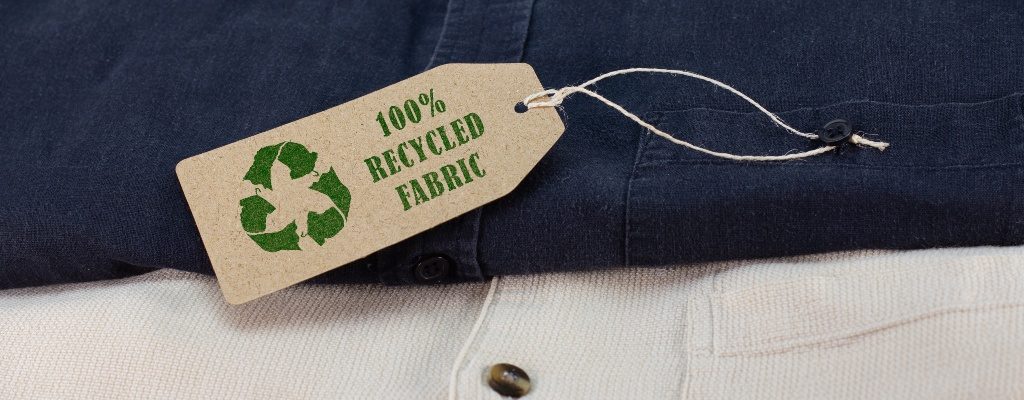At East Dunbartonshire Citizens Advice Bureau in west-central Scotland, we are here to help. If you live or work in the East Dunbartonshire area, we can give you advice on being more eco friendly and how to start shopping in a more ethical way. Please contact us here, chat online, or call us on 0141 775 3220. If you reside outside East Dunbartonshire, please contact your local Citizens Advice Bureau for assistance. Find them here.
More and more people are looking to ensure that any shopping they do is ethical these days. But is it possible when you’re living on a budget? Can you shop sustainably without living beyond your means? Making sure your shopping is ethical and sustainable may seem impossible when prices seem just to be getting higher. Luckily, there are a few ways that you can shop ethically and do your bit to help the planet without having to break the bank.
Keep an eye out for certifications
A lot of products advertise their status as sustainable by using recognisable stickers and logos in their marketing. These are usually reasonably noticeable and tell you something about the product. Keep your eyes peeled for signs on products like Fairtrade International, Ecolabel, Bluesign, Fair Wear Foundation, Peta, or SA8000.
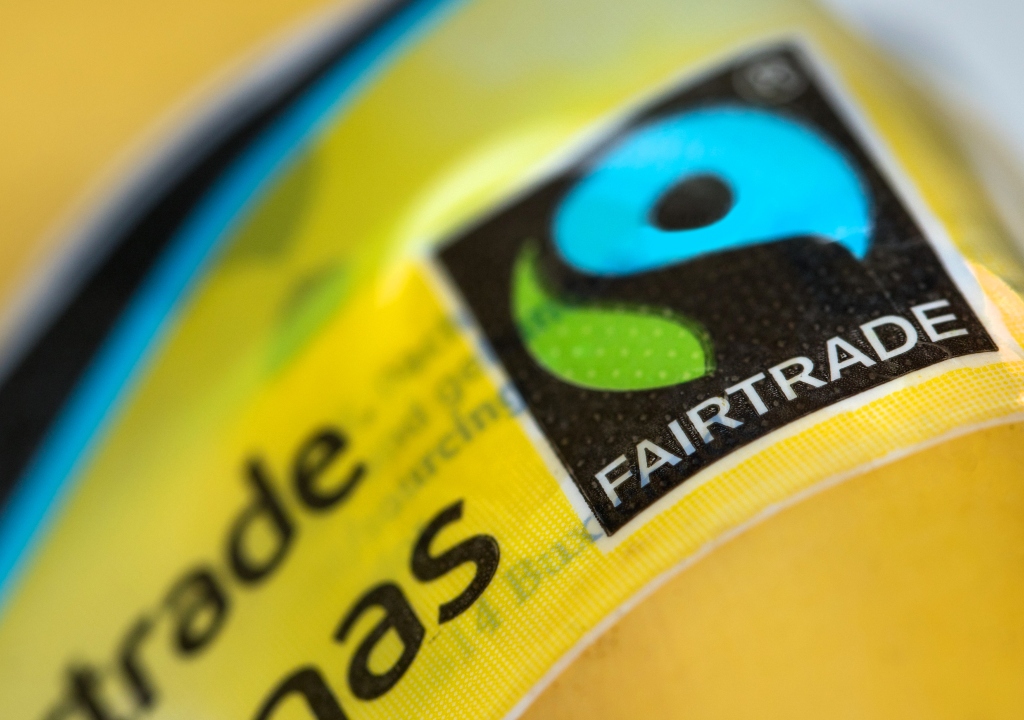
These products are usually more ethically made or sourced. And the people involved in the creative or labour process are treated more ethically than other products. Doing your best to pick these products over others where possible is a great way to make your shopping habits more sustainable. Many of these products are also not much more expensive than other products, making them accessible on a budget.
Shop secondhand
When you buy secondhand products, you are saving them from being thrown into landfills or incinerated. By reducing how many products we buy from stores and buying more secondhand, we can help reduce the use of natural resources. And dramatically limit the carbon emissions that factories produce.
Secondhand shopping can be done through charity shops, vintage stores, or online storefronts like Vinted and Depop. Or even places like Facebook Market Place and eBay. Most will ship to your home, meaning that you can buy from anywhere in the country! Just make sure you are careful about who you are buying from and sending money to people when you are buying things on Facebook Market Place.
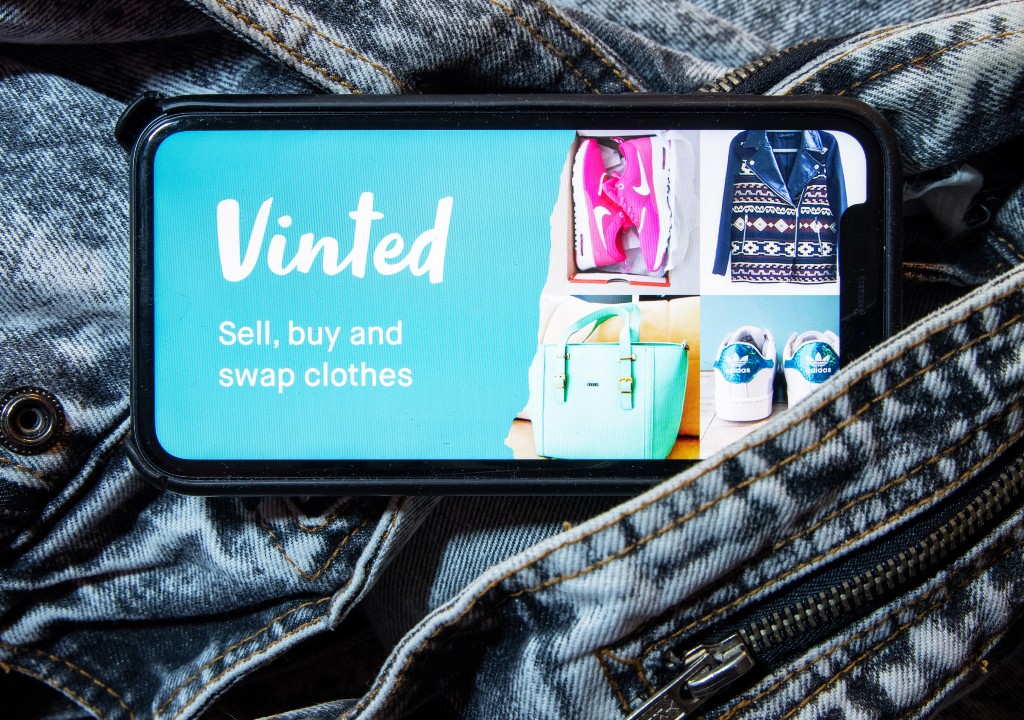
Reduce your meat consumption
Some meat has to travel quite a long way before it reaches our supermarket shelves, making it one of the less ethical items to buy based on carbon emissions alone. If you’re looking for easy ways to shop more ethically and sustainably, why not cut out meat for one meal a week? Limiting the meat you buy each month can make your food shop more ethical!
Or, alternatively, you can simply swap out supermarket meat for some local butcher’s meat. Focus on products that you can trace back to the farm, as these tend to have fewer miles on them, meaning a lower carbon footprint!

Whether you buy meat supplements like Quorn, swap for local-bred meat, or take the meat out of one of your staple meals, it’s a step in the right direction for ethical shopping. There are plenty of ways to shake up your meal plan. You can find a lot of meat alternatives cheaply in shops like Aldi, Iceland, and Tesco, but if that isn’t an option then you can simply add more starches or pulses to your meals. Things like lentil cottage pie or a vegetable curry are great ways to fill yourself up without the use of meat. If you decide to get some butcher’s meat, ask the seller what they recommend doing with the cut – they’ll usually be able to give you some great tips!
Avoid fast-fashion
There are lots of stores out there, both online and on the high street, which produce lots of low-quality products at low prices. These stores will often use unethical sources and labour processes. The factories are often responsible for polluting their local areas. With long and arduous working hours.
Some people don’t have much of a choice but to buy from such companies. However, if you can buy from places that are not fast fashion stores, choosing to spend a bit more is one way to shop ethically. Alternatively, you can buy the items from said stores in secondhand shops or online. It may not always be possible, but ethically shopping on a budget is about making educated decisions about what you buy.
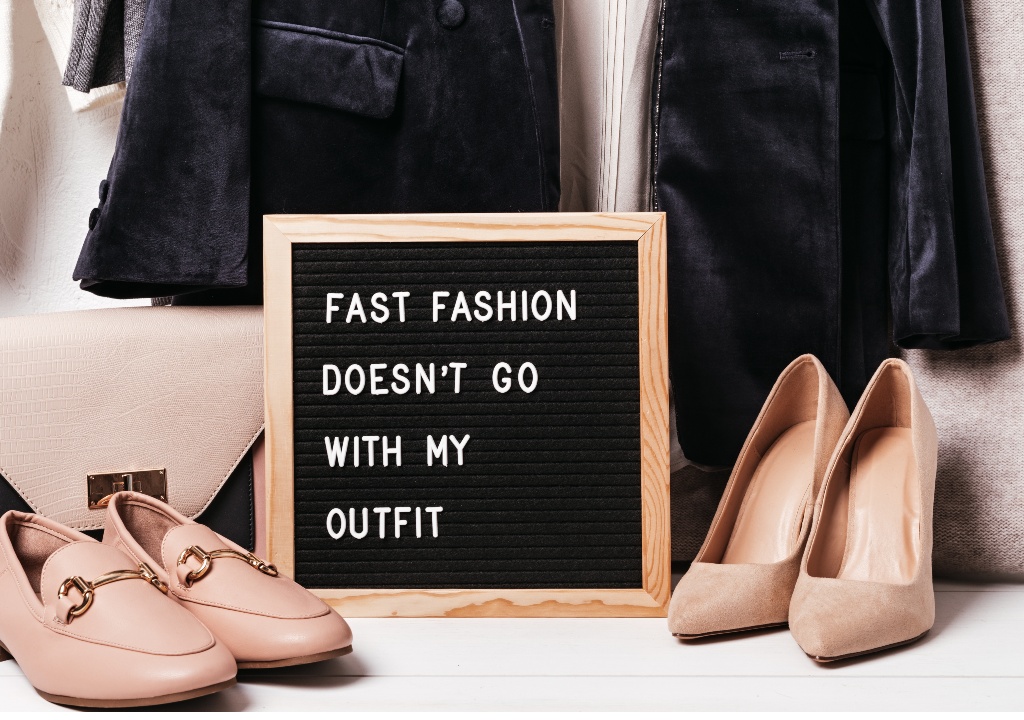
Search for items with better packaging
Plastic is one of the biggest issues when it comes to harming the environment. The vast majority of plastic packaging ends up in natural environments, which then causes great harm to a range of animals across the globe. From turtles who choke on straws, to birds trapped in ring ties, plastic packaging is a real issue ruining habitats for animals who are already in danger of endangerment. This then damages ecosystems and, subsequently, can be a risk to human health.
By reducing the amount of plastic we use, we can reduce the amount that we put into the landfill. If enough of us make small changes like these, we can help to protect the ecosystems from harmful plastic waste. All you need to do is opt for supermarket items with recyclable, non-plastic packaging. Things that come in paper, or reusable packaging are much better. Shopping at places with refill centers is a great way to limit your plastic use, as is shopping at butchers and farmer’s markets.
Share big purchases with others
When it comes to big products that are essential for the home, they can often be quite expensive and quite bad for the environment when it comes to production and transport. Tech and machinery are often made in factories that produce a lot of harmful by-products and are transported many miles in order to get into stores.
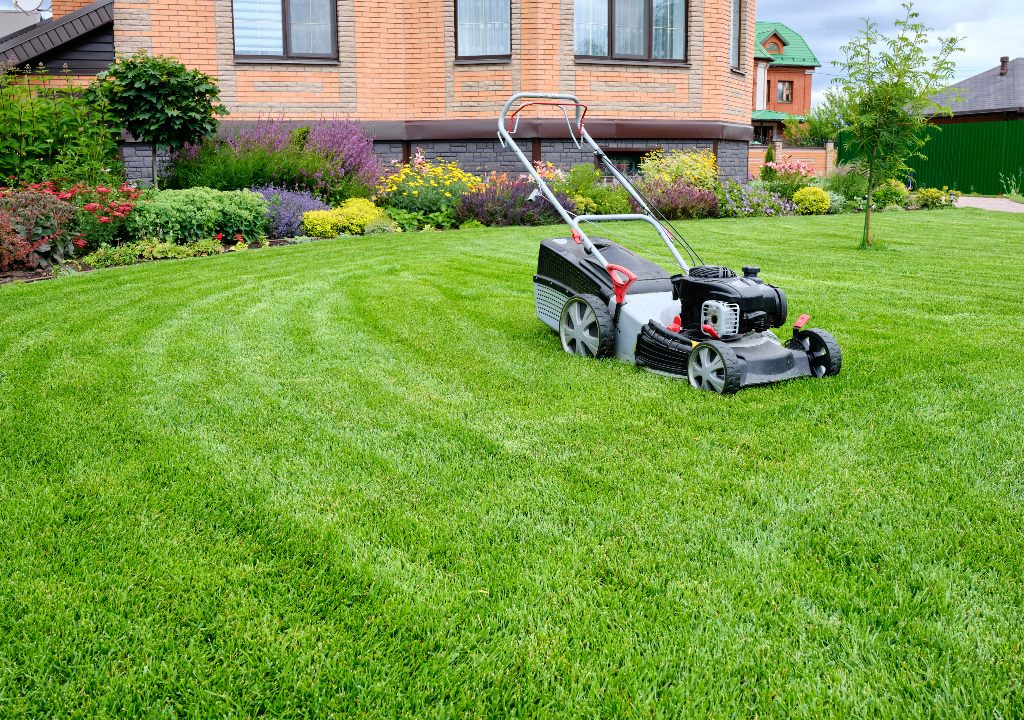
These products, things like lawnmowers, leaf blowers, and jet washers, don’t get used every day. And they don’t get used enough to make them worth the money they cost, or the harm they cause. If you share them with a neighbour, though, or a friend, then this changes things. Suddenly, the cost is split, and it will be used much more than if it was just owned by you!
Shop with others
In order to prevent food waste, when you go shopping, you can go with a friend or a neighbour. That way, you can share the deal. Rather than buying too much when it comes to BOGOF deals or 2-for-1 bargains. This saves you both money. And prevents you from buying food that will end up going off in the fridge or the cupboard.
Research before you buy
In order to make educated decisions, you need to know about the shops that you are visiting. You can usually find enough information about the stores online. Whether it is through websites like Good On You, which rate fashion stores for their environmental friendliness, or simply through reviews and headlines.

If you’re unsure whether a store you’re buying from is considered unethical, it is always worth researching before you buy. This will help you to see red flags for shops and products that are unsustainable or unethical so that you can make a more informed choice.
Contact us
